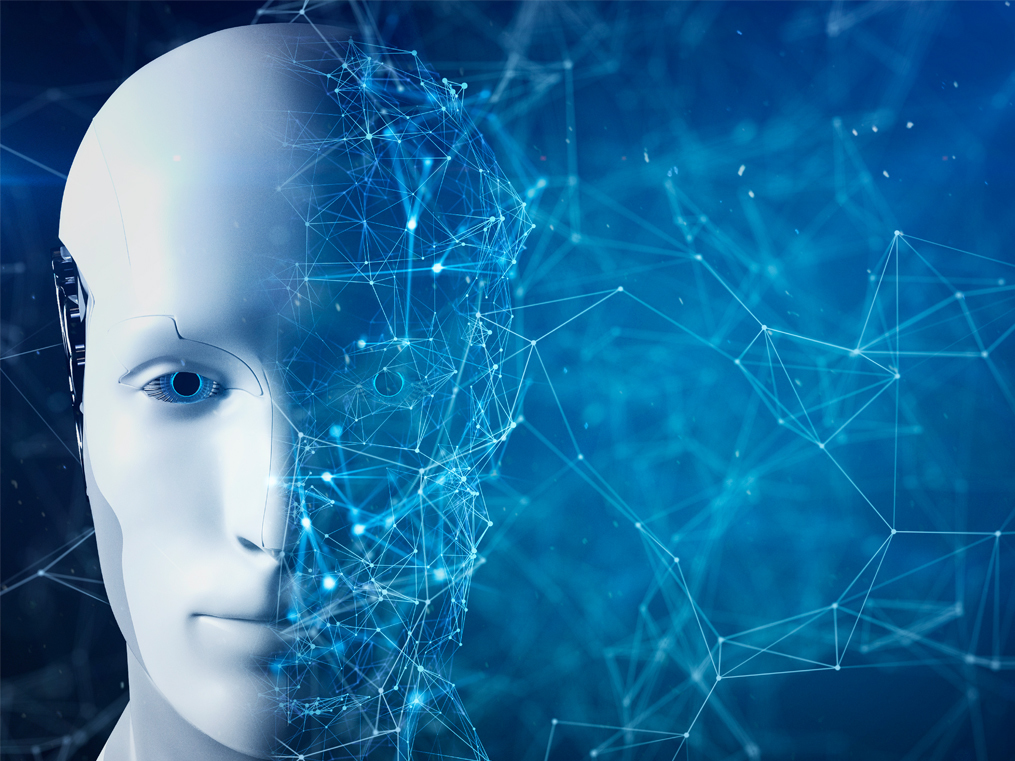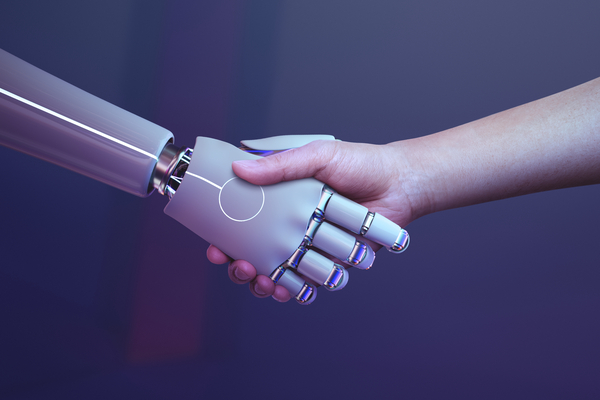The Impact of AI on Global Economy: Trends and Initiatives to Shape the Future
3AI April 11, 2023

Featured Article:
Author: Princy Gupta, Data Analytics Leader, Honeywell
Artificial Intelligence (AI) is revolutionizing the global economy, providing unprecedented opportunities for businesses and governments to thrive in the age of data. According to McKinsey’s latest report, AI is projected to contribute $13 trillion to the global economy by 2030, a figure equivalent to the output of China and India combined. Let’s delve into the key trends and initiatives that are shaping the future of AI in the global economy.
Transforming Financial Services: AI’s Game-Changing Role- In the world of finance, AI is rapidly becoming a game-changer, providing actionable insights and powering smarter decision-making processes. Through the use of advanced algorithms, machine learning, and predictive analytics, financial institutions can analyze vast amounts of data and optimize their operations. For instance, the use of chatbots in the financial sector has surged by over 200% in the past year, according to Juniper Research. Chatbots are capable of handling customer inquiries, providing personalized financial advice, and executing trades on behalf of customers. This has not only increased customer satisfaction but has also improved the overall efficiency of financial services.
Revolutionizing Business Operations: AI-Powered Automation – AI-powered automation is transforming business operations across various industries, enabling faster and more accurate decision-making. According to Accenture’s recent study, AI-powered automation can boost labor productivity by up to 40% in some industries, leading to significant cost savings and increased operational efficiency. Data analytics processes like predictive maintenance, prescriptive analytics and real-time optimization are making it possible to optimize supply chain operations, improve product quality, and reduce downtime. For instance, predictive maintenance solutions powered by AI can detect equipment failures before they happen, saving businesses millions in maintenance costs.
Personalizing Customer Experience: AI’s Impact on Product and Service Quality- AI is revolutionizing the way businesses interact with customers, by providing personalized recommendations based on customer preferences and behavior. According to Deloitte’s latest survey, 62% of consumers are more likely to shop with retailers that offer personalized recommendations. AI-powered algorithms are making it possible to improve product quality, increase customer satisfaction, and drive customer loyalty. This is because AI can analyze customer data in real-time and provide personalized recommendations that cater to individual preferences.
Driving Sustainability: AI’s Role in Advancing the Green Economy- AI is a critical enabler of sustainability, providing businesses and governments with the tools they need to reduce waste, optimize resource usage, and develop more sustainable products and services. According to the World Economic Forum’s report, AI has the potential to reduce global greenhouse gas emissions by up to 4% by 2030. With advanced analytics and machine learning, businesses can optimize their energy usage, reduce emissions, and minimize their carbon footprint.
Initiatives to Shape the Future: Governments’ Role in Advancing AI- Governments play a significant role in shaping the future of AI in the global economy. According to the Organization for Economic Co-operation and Development (OECD), governments should prioritize the development of national AI strategies, invest in AI research and development, and establish regulations and guidelines for responsible AI use. Investing in AI education and training programs is also essential to equip the workforce with the necessary skills to succeed in the AI-driven economy.
In conclusion, AI is a transformative technology that is driving growth and innovation across all sectors of the global economy. From improving financial services and optimizing operations to enhancing customer experiences and advancing sustainability, the potential of AI is limitless. Integrating AI into the global economy is not merely an option, but an imperative, as it holds the potential to transform every facet of business, ranging from decision-making to risk mitigation, resulting in increased productivity and profitability.
Title picture: freepik.com






